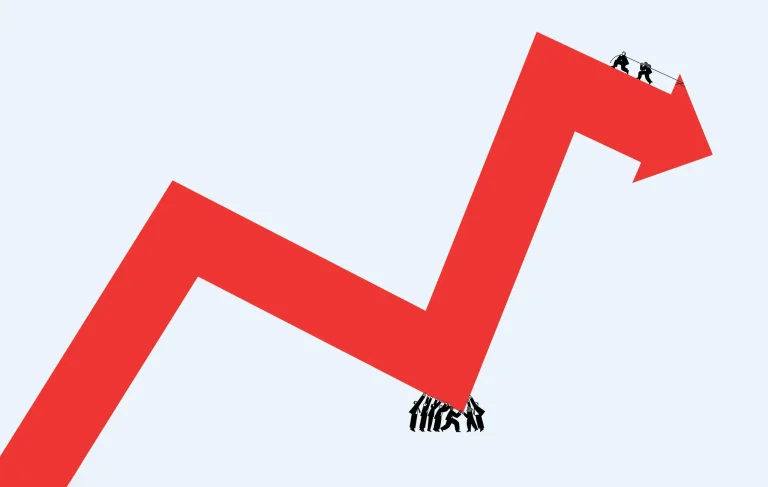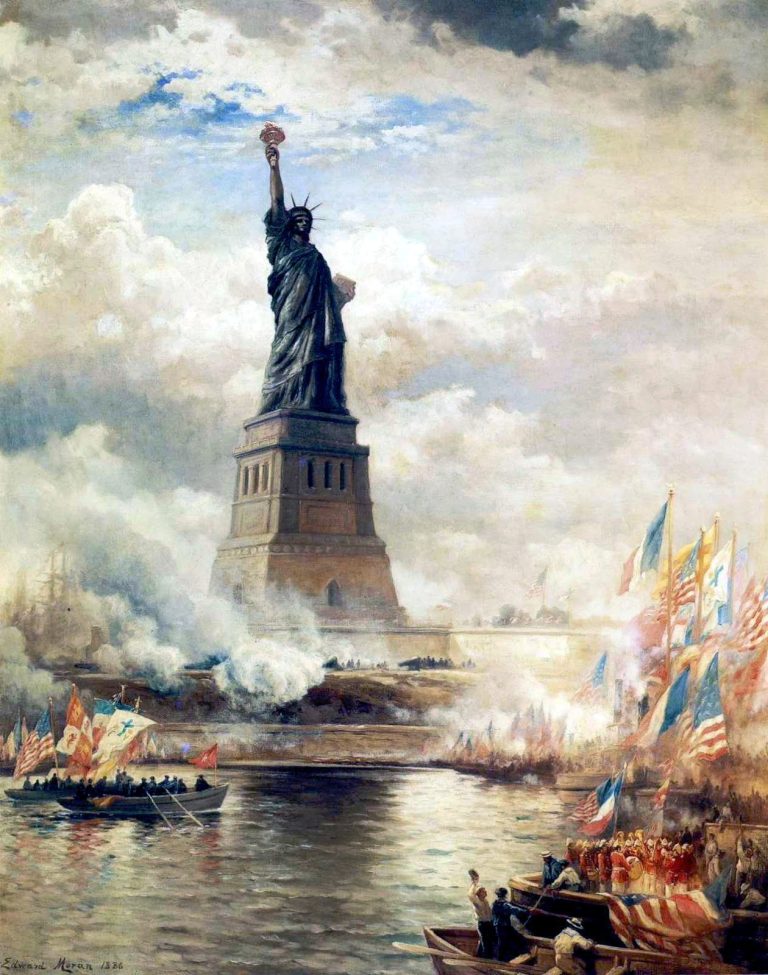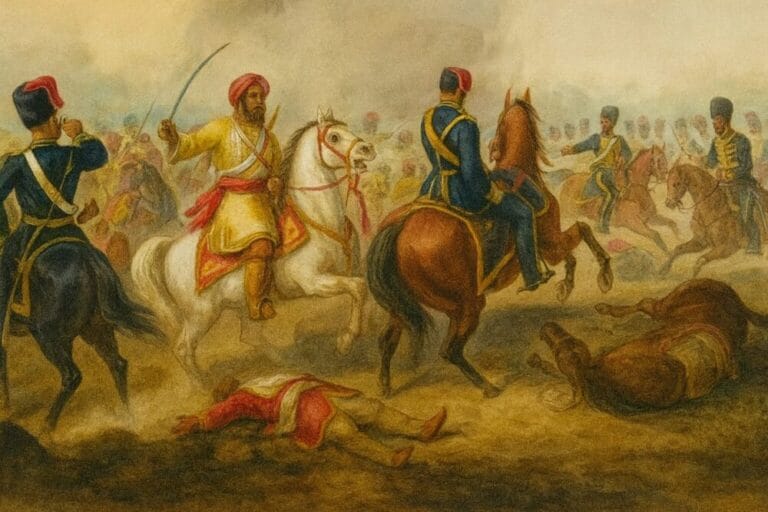To gauge the impact of culture on politics, let’s immerse ourselves in the world of Mr. Trump. I do not know for others, but for me, New York, the city to be specific (birthplace of the president), is synonymous with the mobs, be they the ones fictionally depicted in Francis Ford Coppola’s Godfather or, in actuality, the litany of mobsters that triumphed in the city at the behest of a cogent nexus, but by the virtue of the effort of many, though to single out the now scorned Mr. Rudy Giuliani, organized crime per se was enveloped into a mere remnant of the past; albeit, in some absurd fashion, the leader of the free world epitomizes a milieu long defenestrated.
Generally, to deduce any individual’s moral and ethical system, it is conventional to focus at a prime stage of life, that is, the formative years; among other things, two vital pillars form the lens through which we perceive the world: one, our family, and two, interactions that come into being with acquaintances, be it community, school, or friends.
For the ones that are bemused by Mr. Trump, particularly by his political wit and constant flip-flops, it is imperative to have a refined overview; such an undertaking necessitates being more receptive to the formative years of his rather than being fixated on his journey from the escalator ride till yet. After all, with regard to the latter, many are well-tuned with Mr. Trump’s psyche; besides, the 24-hour pundits, with the help of beguiling algorithms, have done plenty in implanting his persona into the minds of most, if not all, of us. Anyhow, needless to say, he is a figure who finds himself to be in the age wherein achieving omnipresence (on our planet) is not insular to the heavenly gods.
First, to deduce, the zeitgeist of any body politic, seemingly in a conventional sense, is largely directed by the economic state; such, in essence, is the yardstick of the legitimacy levied towards the ruling dispensation. Yet, after all, it is imperative to pay heed to the fact that one singular hypothesis is not the sole factor vis-à-vis the mood of a plurality in the society.
For any who either detest ornate verbose or for any other reason are not able to understand convoluted theories, do remember a simple yet profound and evocative dictum: “Politics is downstream from culture.” Recently, many who find the advent of nationalist populism an anathema — be it if you are someone who is a traditional conservative, a liberal in the contemporary sense, or a democratic socialist — in all likelihood you all, like me, are either perplexed or outright not able to reconcile the abject churn that has ushered in under the span of a meager two decades, namely, the vitriol dissent the plebiscite renders towards principles deemed inevitable to the arc of the moral universe. I would denote it as folks being content from their very own ordeal; emancipation from the mind, in essence, is more detrimental to life than liberal civility and reasoned discourse. So, were all the ideals just mere wishful thinking?
An overly generalized retort is something I am reticent of, generally speaking, but nonetheless, the downward spiral of this day and age will not spontaneously tend towards a more virtuous society, Mr. Trump projects the human psyche, his absurdity is humanity being absurd.
The divides predicated on innate attributes have been erected, will sustain, and will continue to dominate the belief system. The many fanciful ideas of a just society and a beautiful world underpinned in compassion and mercy towards the other do not define the trappings that form one’s abstraction towards life; civility is an exception, not a custom.
Religion of compassion, or in other words, “love thy neighbor,” has descended into fundamentalism — viewing the naysayers of the piousness as sinners; to secular beings that demarcate the good and bad on the basis of a fictitious reality formulated over the internet — the flaws in human nature always existed, such that now it is conspicuous, and then thereafter, impulses previously ostracized and maligned to the fringes are openly advocated for and given credence by, to be blunt, not algorithms, but the individuals who recalibrate the algorithms to sow anarchy, as at the end of the day, “the strong do what they can, and the weak suffer what they must.”
To the optimist: an election victory of the flagbearers of justice does not negate an idea entrenched into the collective consciousness of the citizenry.
This period, in effect, is a rupture, as bleak as it may sound: the worst will endure; it’s just that, to find the optimism, ties transcending differing belief systems will be severed for the entirety; ultimately, analogous to the primitive human, to associate with a tribe will be a norm, not an exception.





